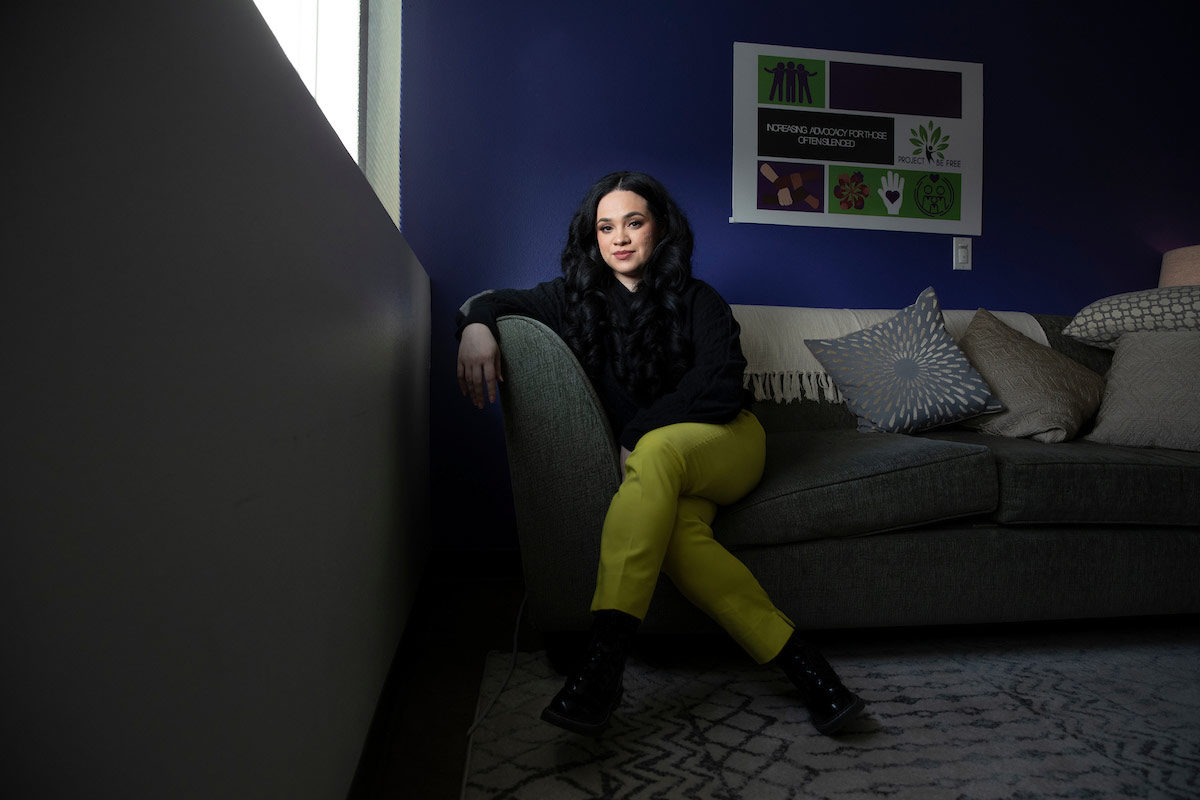
Katya Wojcik, ’18
Master of Arts in Education
Clinical Mental Health Counseling
College of Education
Katya Wojcik always knew that counseling was something she wanted to do. Every job undertaken after college positioned her in a counseling role, but she felt she needed more education and training to reach her career goals.
She set her sights on a graduate degree but getting there was not simple. Her initial applications to grad schools fell short. “That was devastating to me because I knew I could be successful at this and I know that I have the drive for it and that I’m at a different place in life. I decided to prove people wrong,” she says.
Katya started taking counseling classes at Seattle University as a non-matriculated student when a faculty member noticed that she kept taking classes but wasn’t in the program. Although she feared being rejected again, with her new 4.0 GPA, she was accepted into the competitive School Counseling program.
However, while job shadowing a school counselor as part of her graduate work, Katya realized she might be on the wrong track. She watched students visiting the school counselor to fix their schedule or talk about college. But what about the behavioral, emotional and family challenges? It turns out those areas of support were provided by mental health counselors. She knew she needed to switch her program to a different highly respected SU program—Clinical Mental Health Counseling.
While studying mental health counseling, Katya experienced her own personal trauma in a relationship that collapsed into domestic violence (DV). As frightening as this was, she looks back on it now saying, “Through that experience I feel like I found my life’s calling.”
Shortly after graduation, she started her own private practice. "I focused on DV survivors and being a domestic violence advocate. I understand it, I have experienced it. I see clients who are either working on exiting an abusive relationship or who are processing previous abusive relationships.”
The onset of the pandemic and the shift to remote counseling caused her to notice a concerning trend. Domestic violence was on the rise, especially among people of color, and women had no privacy or way to get in-person help. Inspired by the need, in 2020 she founded the nonprofit Project Be Free, staffed entirely by POC who speak a range of languages to bring domestic violence support directly to people’s homes and broker resources for them.
SU’s Masters in Clinical Mental Health Counseling experience was an important part of Katya’s work and networking building.
“I found comfort in my cohort and felt like I could be real with them. And we continue to be each other’s support systems and connectors,” she says. “I have always felt that networking is your biggest tool. That is how you find ways into environments you never thought you could.”
Katya is leading the way, through a wide range of connections, to care for the whole person and to meet them where they are.
